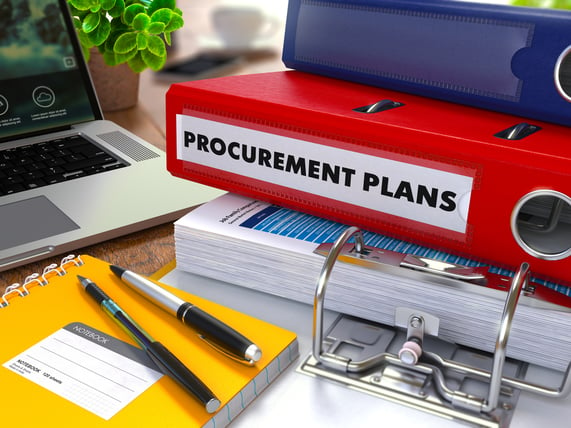Public sector framework agreements often intimidate companies with the complexity of entering into negotiations with large and complex public institutions. Businesses may be tempted to offer cut-rate prices or unfavorable terms simply to establish the relationship. When negotiating public sector agreements, corporate legal departments should not succumb to the temptations just mentioned; profitable deals are possible.

As public sector framework agreements set the tone for a long-term relationship, legal departments should negotiate them with an eye toward the future. Prices and provisions that seem reasonable today may be unsustainable in a year or two—especially when it comes to procurement and contract work. Artificial intelligence (AI) legal technology enables legal departments to streamline the contract review and negotiation process and ensure optimal outcomes for framework agreements.
Establishing Relationships with Public Sector Framework Agreements
Basic framework agreements are general documents that cover financial relationships between entities. Typically, they address at least one—if not all—of the following three areas:
Products
|
Services
|
Projects
|
|
The agreement could cover a specific product, the price-per-unit, and the overall volume. A standard example may include a price list for office supply purchases.
|
The agreement can establish specific professional services to be performed, as well as the price-per-hour and maximum project hours. Outsourced IT might require this kind of agreement.
|
This dictates the overall cost required to complete a project. The agreement breaks the project into supply and service components that are necessary for project fulfillment.
|
It is important to note that these framework agreements are not usually binding contracts. Instead, they are akin to bids because they do not guarantee work but set the terms for work requested in the future. Companies submitting a framework agreement are likely competing with other businesses in the same industry. This is especially true in the public sector, where procurement follows a stringent process designed to eliminate exclusive relationships.
Framework agreements are invaluable to government entities because they streamline the contract process and eliminate the time-consuming burden of negotiating countless individual contracts. However, since framework agreements can govern the entire life of a business relationship, suppliers must work hard to get these agreements right the first time.
Using AI to Avoid Public Sector Framework Pitfalls
Financial loss constitutes a significant risk for companies entering a public sector framework agreement. As companies are eager to obtain work, there is often a "race to the bottom" to offer the lowest price. Companies may initially establish terms that they later realize are unsustainable.
While the framework is only an agreement and a company can extricate itself, doing so could permanently damage a potentially lucrative relationship. Additionally, renegotiating a new framework agreement takes time and could lead to lost opportunities.
On the other hand, high prices could deter future purchases. After all, if the public sector procurement agent can source the same service at a significantly reduced cost, it is unlikely they'd choose the more expensive option.
Negotiating a Framework Agreement
In a way, negotiating a framework agreement resembles a business in dialog within itself. The reviewing attorney wants to find an equitable balance between profits and attractive pricing for the buyer. To manage this balance, legal and procurement teams must complete due diligence when forming the agreement. The teams may need to:
- Use predictive analytics to determine the future value of the relationship compared to inflation. This prevents the creation of financially unsustainable arrangements.
- Evaluate data to ensure pricing from their organization remains within the normal range for the industry. This step allows the agency to stay competitive.
- Evaluate clauses to eliminate all ambiguities relating to specific services, products, quantities, and timelines. This eliminates unexpected scope creep.
These three steps can be prohibitively time-consuming, so due diligence may be rushed or overlooked when one is dealing with various deadlines in the public sector. AI legal technology accelerates this process and enables legal teams to perform due diligence in hours instead of days or weeks.
Leveraging AI for Framework Agreements
By combining natural language processing, machine learning, and data analysis, AI can efficiently and effectively review and negotiate sound public sector framework agreements. An AI-powered contract negotiation platform can parse the language of a proposed deal and alert the reviewing attorney to areas of concern. The best AI technologies will provide alternative solutions by offering a clause that clarifies language or suggesting different business language that create a more equitable arrangement.
Public sector framework agreements can establish lucrative relationships for years to come, but only if negotiated correctly. AI legal technology offers corporate legal departments a way to review and negotiate better deals and ensure win-win scenarios. With the right technology, attorneys can perform a detailed legal contract review in a fraction of the time and improve their position for future deals.

